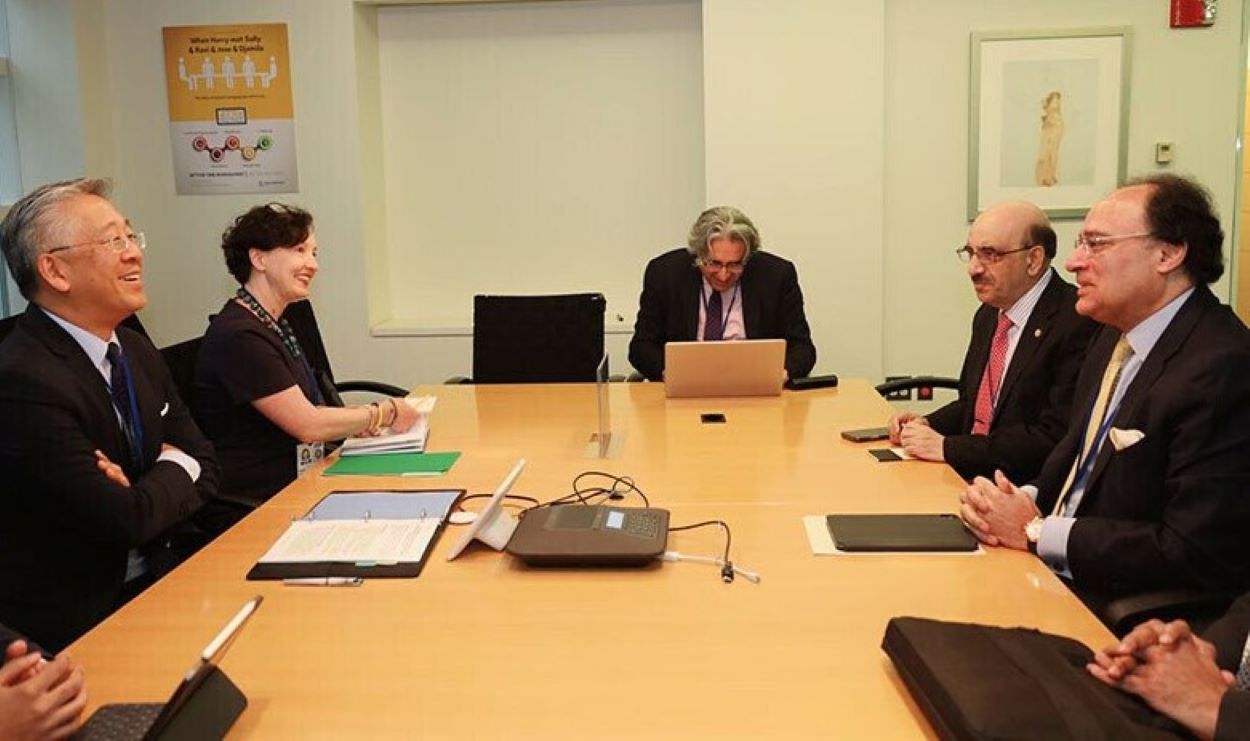Finance Minister Muhammad Aurangzeb anticipates minimal rupee devaluation following discussions with the International Monetary Fund (IMF). Aurangzeb, currently in Washington for the IMF and World Bank spring meetings, noted that the rupee usually depreciates between 6% and 8% annually.
Aurangzeb stated, “I don’t see the need for any step change,” referencing Pakistan’s strong foreign exchange reserves, stable currency, increasing remittances, and steady exports. He mentioned that previous IMF agreements led to significant rupee devaluations, but he expects a different outcome this time.
He acknowledged that oil prices could be unpredictable, although current projections were favourable.
Aurangzeb highlighted taxation, energy, and privatization as key areas of economic reforms, with notable improvements in the agricultural sector this fiscal year. He confirmed Pakistan’s commitment to sustainable economic growth and a broader expansion program with the IMF.
He added that an IMF delegation is expected in Islamabad in May to finalize a staff-level agreement on the next loan program by late June or early July.
IMF Managing Director Kristalina Georgieva emphasized the need for Pakistan to expand its tax base, increase contributions from wealthier citizens, and ensure transparency in public spending to enhance economic stability. She confirmed ongoing discussions for a follow-up program to the Stand-By Arrangement (SBA), underscoring the critical issues Pakistan must address to continue its financial and economic reforms.






